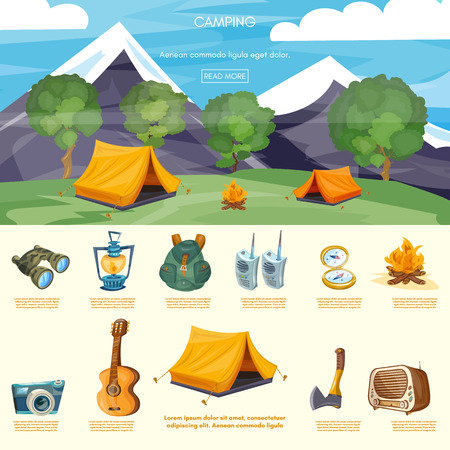Picking the right structure material is essential for occasion camping tents. Whether it's covered steel for budget tents or anodized light weight aluminum for durable applications, there are numerous considerations to keep in mind.
Steel frames prevail in lower-priced pop-up outdoors tents however are prone to deterioration despite coverings and call for regular maintenance. Light weight aluminum is light-weight, naturally stands up to rust, and holds up well in moist or seaside environments.
Steel
When it pertains to making sure the durability of personalized tents, the product used in their frameworks plays an important function. Steel and light weight aluminum alloys both provide costs durability, but each deals special benefits that make it proper for different kinds of settings. Steel is perfect for tough conditions, while light weight aluminum excels in withstanding rust and lessening upkeep expenses.
When event hosts choose the ideal outdoor tents for their needs, they need to consider variables like anticipated weather conditions. For instance, framework camping tents usually perform better in gusty or rainy conditions than pole tents because they don't depend on a central pole to support the structure. Nevertheless, the connections between frame pieces can deteriorate in high stress and anxiety situations. Identifying these weaknesses and carrying out routine examinations can aid stay clear of prospective damage.
Steel frameworks are tough to cut, weld or shape, which can need customized tools and enhance labor expenses. On top of that, they often tend to rust or corrode easily and may require added protection or finishes. Additionally, steel is very heavy and can cause issues when transporting a canopy. It's likewise tough to keep for long periods of time due to the fact that it occupies a lot more room than light weight aluminum structures.
Light weight aluminum
Light weight aluminum is a preferred structure material for canopy outdoors tents since it's lightweight, rust-resistant, and simple to carry and establish. It also provides a more secure sanctuary throughout gusty conditions than steel frameworks. Aluminum is much less vulnerable to tearing and any insect repellent type of damage can be conveniently fixed, lengthening the life of the tent. It likewise breathes to lower condensation and uses remarkable acoustic insulation to dampen outdoors noise.
The toughness of aluminum framework camping tents is even more enhanced by the natural oxidation residential or commercial properties of the metal. It creates a small oxide layer that shields the surface from corrosion and discolorations. Because of this, the long life of a light weight aluminum pop up outdoor tents can be enhanced also additionally when the frame is plated.
Plated aluminum is more powerful than steel and can endure high wind speeds. Furthermore, the covering withstands corrosion and discolorations, expanding the lifespan of the outdoor tents. Additionally, anodized light weight aluminum is recyclable and sustainable, making it suitable for businesses looking for LEED accreditation. The mix of these homes makes light weight aluminum a much more cost-efficient option than steel for big, sturdy outdoors tents, such as those used to accommodate industrial equipment and storehouse stock. Steel, on the other hand, is more pricey because it needs costly alloys such as nitrogen, molybdenum, and chromium to boost strength.
Iron
Iron framework outdoors tents generally last approximately 15 years if the appropriate care and upkeep is used. This consists of consistently cleaning material and evaluating metal parts for corrosion and wear. By taking these procedures, occasion hosts can make the most of the integrity of their structures and ensure their continued efficiency in tough environments.
Steel is an optimal material for constructing long lasting outdoors tents, especially for use in rough weather conditions. It is a strong, strong, and affordable material that provides security and strength for a large range of applications. Nevertheless, steel is prone to rusting in moist and seaside atmospheres. The enhancement of safety coatings and normal maintenance can assist to mitigate this threat, but these efforts enhance general maintenance expenses.
On the other hand, light weight aluminum is a much more durable option for a customized tent due to its natural oxidation residential properties. When plated, light weight aluminum becomes super-strong and as much as three times more challenging than basic aluminum alloys. This makes anodized aluminum the second-hardest material beside diamond (satellites, aircraft, and armed forces automobiles all utilize anodized light weight aluminum). In addition to its sturdiness, plated aluminum is also more immune to corrosion than steel. These elements make light weight aluminum an outstanding choice for pop up canopy camping tents and add to their capacity to bring longer warranties (5, 7, and even lifetime structure warranties). In addition, light weight aluminum is 1/3 the weight of steel enabling a much thinner frame design for even more modification options and raised stamina.
